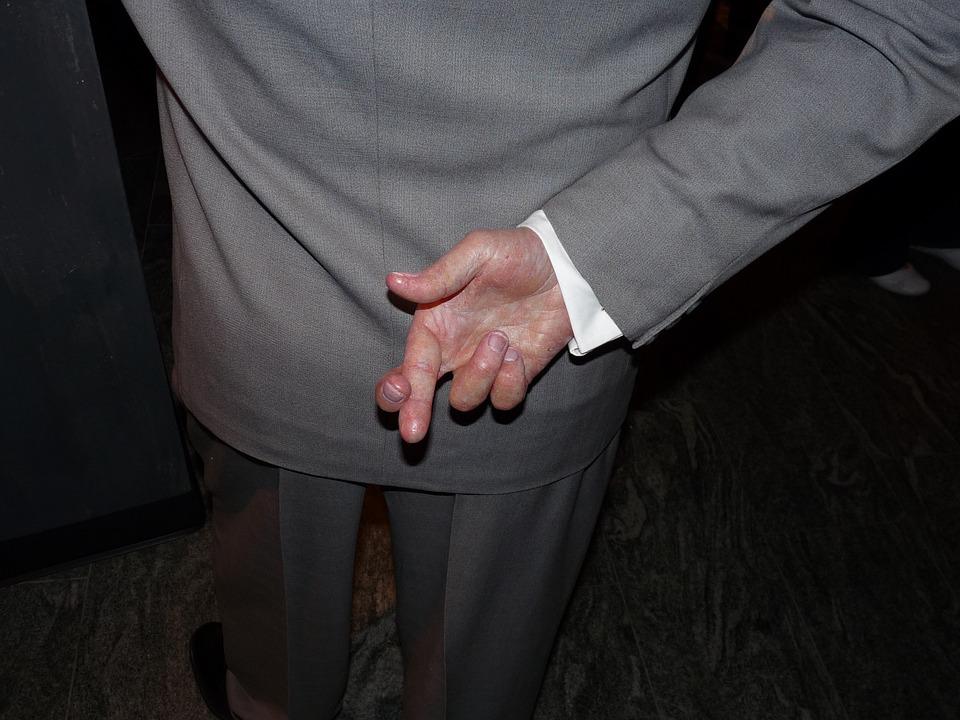The Alliance for Sovereign Free Association (ALAS) sent a press release applauding The Puerto Rico Status Act approved in the House Committee on Natural Resources.
“At this moment, after this historic milestone, Puerto Rico is finally beginning the path that will lead the country to achieve its sovereignty, maintaining, at the same time, a worthy political association with the United States. It is important to underline that the management of ALAS in the defense of the sovereign commonwealth in the 2012 plebiscite pays great dividends today when this bill is approved, with the support of prominent citizens, including members of the Popular Democratic Party (PPD)…This project is the culmination of the Commonwealth of Puerto Rico (ELA),” the press release announced.
Culminated commonwealth
This announcement echoes years of claims that Puerto Rico’s relationship with the United States was a special relationship which would develop into an enhanced, culminated, or perfected commonwealth. The claim was that Puerto Rico could have both sovereignty and U.S. citizenship, make alliances with other countries, pick and choose which federal laws to follow, and have a permanent special deal that could not be changed without mutual agreement.
This was never true. All three branches of the federal government have said repeatedly that this is not possible.
The point about citizenship is especially important right now as we prepare for the final, binding plebiscite called for in the bill.
In a hearing on a similar bill in 1998, Rep. Larry Craig (R-ID) said, “It also must be made clear that if Puerto Rico elects separate sovereignty, Congress will end U.S. nationality and citizenship for people born in Puerto Rico in the future. Persons born there prior to termination of U.S. nationality and citizenship will, at a minimum, make an either/or election between Puerto Rican and U.S. nationality and citizenship. Congress has the authority to stipulate and must do so to ensure that effective transfer of sovereignty occurs. The notion of universal dual citizenship with guarantees, not even available under current status, must be dispelled before informed self-determination will be possible.”
Rep. Craig’s statement is just one of many by multiple federal authorities and academic experts making the same point. A search for a contrary viewpoint turns up statements like that of Jorge Adolfo Castro Font, who said in the same hearing, “Puerto Ricans were collectively naturalized in 1917 by an Act of Congress. This was statutory citizenship. Congress later amended the Immigration and Naturalization Act to declare that Puerto Rico would be considered as part of the United States for purposes of that legislation, thereby conferring upon Puerto Ricans the status of natural born citizens. Citizenship cannot be constitutionally withdrawn and, by virtue of these amendments, is fully protected by the U.S. Constitution.”
The State Department, the Department of Justice, and the Congressional Research Service have all said that this is not true. Puerto Rican citizenship is statutory, not constitutional.
Where does this disagreement come from?
Miranda Ramirez de Ferrer pointed out in the same hearing, “In past referendums, they have told the voters that commonwealth will provide guaranteed permanent union with the United States, permanent U.S. citizenship, permanent freedom from Federal taxes, the right to veto Federal laws, guaranteed full Federal welfare benefits, economic and fiscal development programs, a separate sovereign national identity, power to make treaties with foreign countries, all this under a compact which cannot be modified without Puerto Rico’s consent.”
These claims are part of a pattern of deception of Puerto Rican voters. It really is that simple. Do the people who claim that citizenship for people born in Puerto Rico changed into something else actually believe it? Possibly. If so, it is wishful thinking. The federal government has said many times that Puerto Rico is a territory belonging to the United States. U.S. citizenship for people born in the territory of Puerto Rico is not covered by the 14th amendment. The term “commonwealth” has no legal meaning in the United States, where the Commonwealth of Massachusetts is in no way different from Washington State.
Why does this matter?
The problem with free association as it is described in The Puerto Rico Status Act is that it is not really described at all. The details, including citizenship for current residents and future residents born in Puerto Rico, will all have to be negotiated. Members of Congress said in the markup of the bill that they were not willing to include details on free association in the bill for fear of jeopardizing future negotiations. If Puerto Rico wants to be independent, they said, then they should start with a blank slate like any other foreign country and negotiate the terms of any treaty with the United States.
Other members of Congress believe that Puerto Rico deserves some guarantees in reparation for historical wrongs done to the Island by the federal government. This may be true. However, just as one Congress cannot make agreements which are binding on a future Congress, the current Congress is not legally required to make up for wrongdoing by a previous Congress.
The fact is, there will be no clarity on the terms of free association before voters must choose whether or not to accept it. The negotiations will not take place before the vote. Claims that U.S. citizenship is assured, that Puerto Rico will continue to receive current federal funding, that the rights of veterans will be respected — all of these claims just continue the pattern of deception.
Statehood is the only status that guarantees U.S. citizenship and equal rights under the U.S. Constitution. Do not be deceived.








No responses yet